India's Children: Essays on Social Policy
Children constitute a sizeable proportion of India's population. Despite progress along many fronts, Indian children continue to face many deprivations. Statistical indicators reveal that differences in well-being among children in India are narrowing, yet almost 43 per cent of children below 5 years were undernourished in 2005-6, and, even today, over a million babies die before their first birthday. Similarly, there are stark inequalities in the well-being of children across states, between rural and urban areas, and within communities.
Through the entry point of new opportunities available to children in India and old challenges still faced by them, the book raises several key questions that are central to policy debates in India: what does poverty mean when viewed from the perspective of access to basic services for children and realization of children's basic capabilities? How should it be measured? How do we address the challenges of investment in public service expansion and delivery required to ensure equitable outcomes for children irrespective of their economic means, social group, or geographical location? Underpinning this collection of essays is the centrality and importance of designing social policies with regard to children's rights.
The issues and questions addressed in this multidisciplinary set of essays draw on a wide array of data sources. Primary and secondary data-quantitative and qualitative, numerical and textual-are marshalled by the contributors, who have not just raised questions, but also used evidence to provide informed opinions on the direction of India's social policies in the coming decade.
Get it now and save 10%
BECOME A MEMBER
-

Readings in Human Development: Concepts, Measures and Policies for a Development Paradigm
-
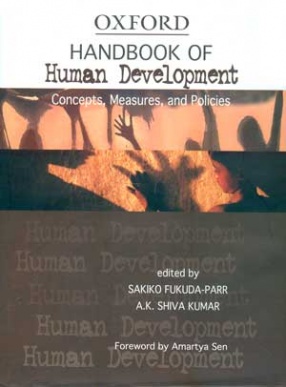
Handbook of Human Development: Concepts, Measures, and Policies
-
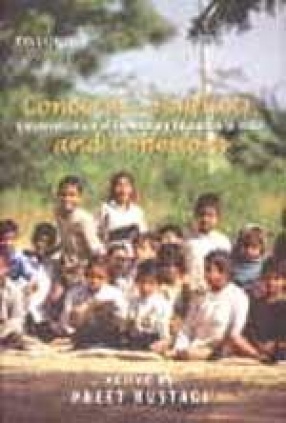
Concerns, Conflicts, and Cohesions: Universalization of Elementary Education in India
-
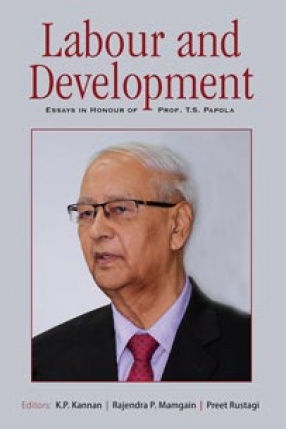
Labour and Development: Essays in Honour of Prof. T.S. Papola
-

Institutions, Relations and Outcomes: A Framework and Case Studies for Gender-aware Planning
-
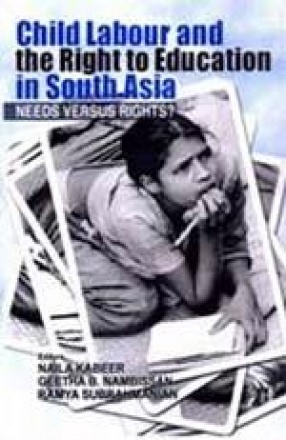
Child Labour and the Right to Education in South Asia: Needs Versus Rights?

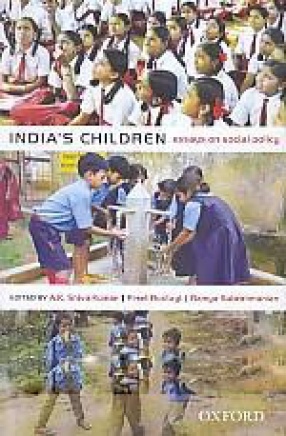





Bibliographic information
Preet Rustagi
Ramya Subrahmanian